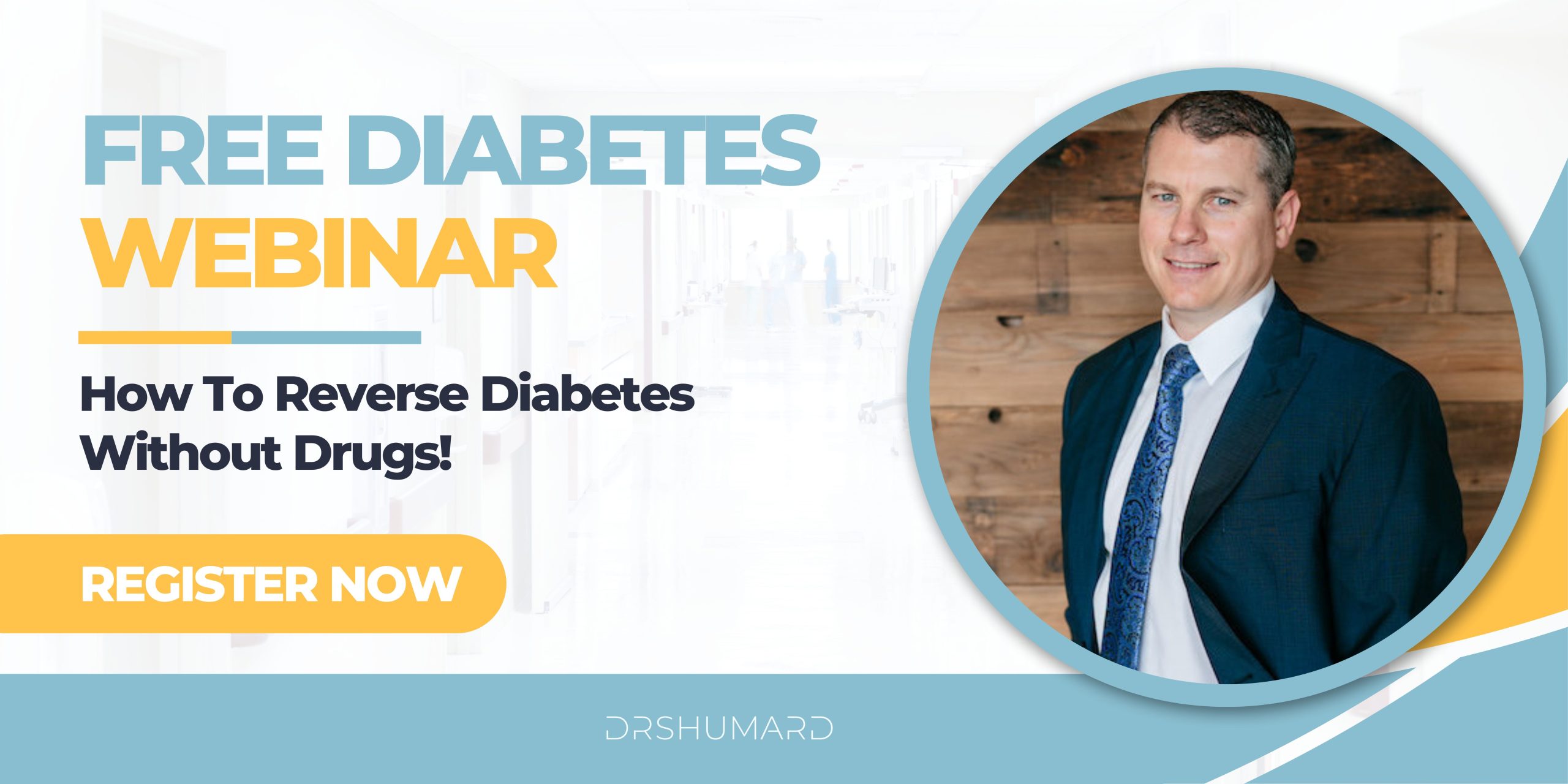
Picture this:
You’re standing in the fresh produce aisle of the grocery store, staring at a rainbow of fruits and veggies. Prices seem to keep inching up, and your eyes bypass the "organic" section. It all looks the same, and it’s just not in the budget these days.
But as you reach for the non-organic apples, a small twinge of doubt creeps in. You ask yourself, "How bad can non-organic really be?"
Organic vs. Non-Organic Farming: The Basic Differences
Before diving into the 'why' of organic food's price tag, it's vital to understand the 'what'—the foundational differences between organic and non-organic farming.
- Soil Health and Preservation: Organic farming puts emphasis on soil health. It often employs crop rotation, green manure, and compost to enrich the soil, whereas non-organic farming might rely on chemical fertilizers that can degrade soil over time.
- Pest Management: Organic farming generally utilizes natural predators, barriers, or eco-friendly sprays to manage pests. Conversely, non-organic farming often resorts to synthetic pesticides that might linger on (and in) produce.
- Genetic Modification: Organic crops are non-GMO (not genetically modified). Non-organic crops, however, might be modified to be more drought-resistant, pest-resistant, or to yield more produce.
The dawn of pesticides in commercial farming can be traced back to the late 19th century, offering a solution to the age-old problem of crop-destroying pests. As these chemicals revolutionized agriculture, bolstering food production and ensuring consistent yields, concerns about their impact on health and the environment began to surface.
Organic farming, with its roots in ancient agricultural practices, re-emerged in the 20th century as an answer to these rising concerns. It stood as a testament to agriculture's ability to coexist with nature without compromising human and environmental health.
Pesticides: What’s the Big Deal?
Pesticides are primarily employed in non-organic farming to keep pests at bay. But what happens when these chemicals enter our system? Here's a glimpse:
- Neurological System: Many pesticides are neurotoxins. Over time, they can influence our brain health, leading to headaches, dizziness, and in extreme cases, can increase the risk of more serious conditions like Parkinson's disease.
- Endocrine System: Some pesticides act as endocrine disruptors, mimicking hormones in our bodies. This can lead to hormonal imbalances, affecting fertility, and potentially increasing the risk of certain cancers.
- Digestive System: The gut doesn't take kindly to these foreign chemicals. Regular consumption of pesticides can disrupt our gut flora, leading to digestive issues like bloating, indigestion, and more.
Keeping it Clean
Budgeting is crucial, and knowing where you can cut corners without sacrificing health is key.
Here's a quick list of produce that's safer to buy non-organic:
- Avocado: Thick skin keeps pesticides out.
- Kiwi: Its fuzzy exterior provides a natural barrier.
- Pineapple: The tough outer layer ensures minimal pesticide residue on the edible part.
- Cabbage: Fewer pesticides are used due to its nature.
- Onions: Low pest threats mean fewer chemicals.
- Eggplant: Its protective skin keeps most pesticides at bay.
- Asparagus: Typically, fewer pesticides are required during its cultivation.
The Must-Buy Organic List
On the flip side, certain produce items are notorious for their high pesticide residues. When budget allows, consider going organic for:
- Strawberries
- Apples
- Spinach
- Grapes
- Celery
- Tomatoes
- Bell peppers
Finding a Healthy Balance
Navigating the organic terrain can feel like a minefield. But, armed with knowledge, you can make informed decisions for you and your family. Every organic choice you make, no matter how small, is a step toward a healthier future. Remember, it's not just about the added cost—it's about the value of investing in your health. Next time you bypass the organic aisle, maybe take a second glance. Your body will thank you.

Make the switch to organic food today and start feeling better tomorrow. Are you ready?